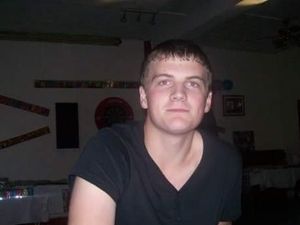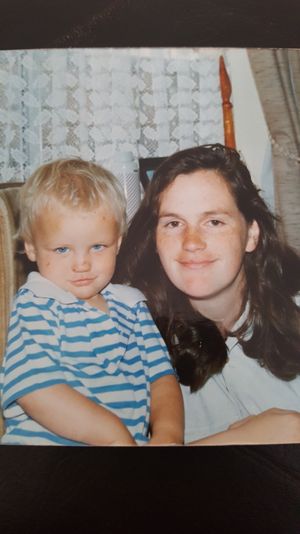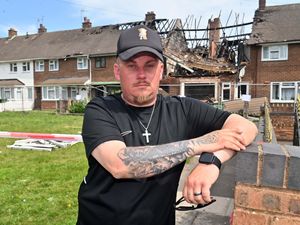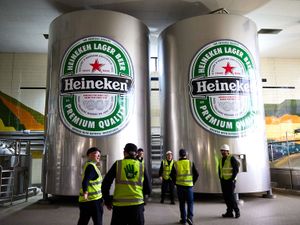Walsall mum whose son died after 'one in a million' cancer came back urges young people to check symptoms
A Walsall mum whose son tragically died after being diagnosed with cancer as a teenager is raising awareness of the signs and symptoms of cancer in the young.

Amanda Potts's son, Ashleigh, began experiencing flu-like symptoms in 2009 and started to become sick in the mornings.
Doctors broke the tragic news to the family 10 months later that the 19-year-old had a "one in a million" brain tumour.
While Ashleigh Potts recovered from his brain tumour, at the age of 26 he started feeling unwell again and was told the cancer had metastasized and was in his spine.
Ashleigh was told he had two weeks to live, during which time he married his partner, and died at home with his wife and family at his side.
Five years after her son's death, Amanda is now sharing her story as part of a Teenage Cancer Trust charity initiative to urge young people to be aware of the symptoms of cancer.

Amanda said: “Ashleigh was always the life and soul of the party, he was funny and had lots of friends, loved socialising, and was into his football.
“But in October 2009 he had flu-like symptoms and even when he got over those, he felt full of cold and really tired. He was finishing school and starting work, so it was put down to the changes in his life.
“By May 2010, he was still getting a cold repeatedly and would work all week but be too tired to go out at the weekend.
"We went to an emergency doctor who thought it might be the start of ME. Another thought he had an ulcer.
“He started being sick in the mornings and we had a running joke that it was morning sickness. The doctor referred him to a gastroenterologist.
"Ash had a CT scan and an MRI scan in August 2010 and a few days later our local hospital called us to tell us to come in, then we got a call from Queen Elizabeth Hospital ten minutes later to say he needed to be there within the next half an hour. Alarm bells started ringing for me.”
At that appointment, Ashleigh was devastated to be told that he had a tumour the size of a golf ball on his cerebellum and be diagnosed with a one in a million Medulloblastoma.





